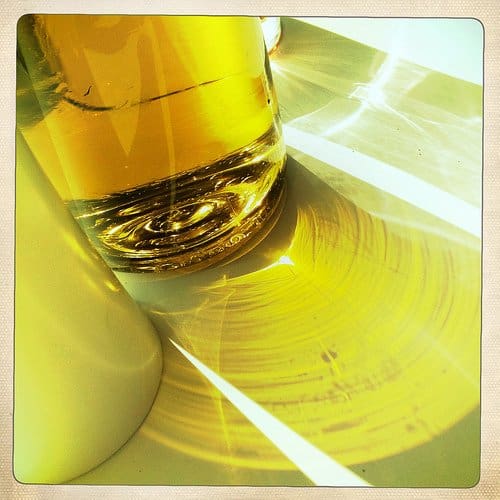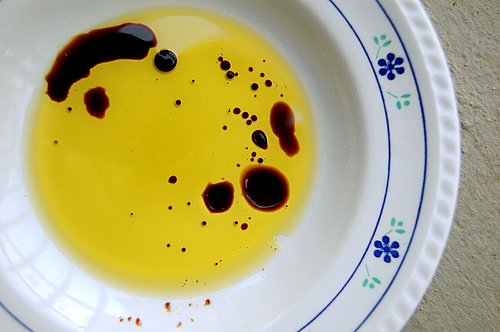Vinegar is an all-around condiment used for a variety of purposes. You can cook with it, use it as a flavoring for dips or even clean/deodorize the home. Suffice it to say, you can’t have too much vinegar at home. But if say, you bought bottles of the stuff, can you freeze vinegar?
As with all types of liquid products, you can freeze vinegar. The freezing point of vinegar is about 28 degrees so it’ll keep in any freezer. Vinegar will keep fresh for a long, long time regardless if it’s kept in the freezer or not. Some researchers even claim that vinegar’s shelf life is indefinite.

Freezing it may decrease the acidity of the vinegar. That being said, leaving a bottle of vinegar that’s about to hit its expiry date sitting in the pantry will also decrease its acidity. That’s because as the acetic acid decomposes, the acidity decreases too.
The main issue with freezing vinegar is the dilution of its acidity and flavor. The acidity of vinegar will change over time. You can store vinegar in the freezer but most chefs do not recommend it. My suggestion is to use frozen vinegar in cooking but not when you’re pickling. Here is a step by step guide on how can you freeze vinegar:
How to Freeze Vinegar?
One thing is for certain, you cannot freeze bottled vinegar. Glass has the tendency to shatter at freezing temperature. If you’re freezing bottled vinegar, it’s best to transfer the product into a rigid plastic container, one that comes with an airtight lid. Just pour the vinegar into the container, leaving about an inch or two of space. The extra space gives the liquid enough room to expand as it freezes.
After pouring the product into the container, wrap with cling wrap to prevent leaks and then cover with the airtight lid. As an added step, seal the lid with tape. To ensure that the acidity of the vinegar remains the same, keep the temperature at a steady 28 degree Fahrenheit.

If say, you are only freezing leftover vinegar, you can use an ice cube tray to freeze the product. Just pour the vinegar into the ice cube tray then stick in the freezer. Leave the vinegar to freeze for 6 to 12 hours. Then, cover the ice tray in cling wrap and stick in the freezer. You could also pop the frozen vinegar cubes, place them in a resealable plastic container, seal, and then place them back in the freezer.
How to Defrost Frozen Vinegar?
Unless you’re using the frozen vinegar as a dip or as part of a marinade, there’s no need to defrost frozen vinegar when used in cooking. Simply add a proper portion of frozen vinegar directly into the dish you’re cooking. But for dips or seasonings, simply transfer a container of frozen vinegar from the freezer to the fridge. Leave the vinegar to thaw overnight. For faster thawing, try submerging the (airtight) container in a bowl of tap water. It should be ready within a couple of hours.
Summary
Vinegar is tricky to freeze, not all experts recommend it, but still, there is a way to store this product in the freezer. Freezing will extend the shelf life of vinegar that’s about to expire! Now that you know how can you freeze vinegar, you can preserve your stash whenever needed.